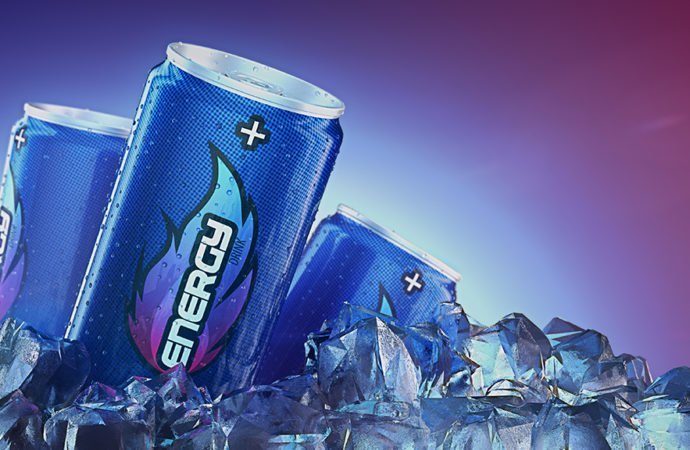 Most of the popular energy drink brands in the market contain artificial caffeine higher than the allowed level
Most of the popular energy drink brands in the market contain artificial caffeine higher than the allowed level
Those who love energy drinks may have to think twice before next getting one, as the beverages may pose serious health risks.
According to a number of studies conducted worldwide, excessive consumption of energy drinks may lead to risks of cardiac arrest, headaches and migraines, anxiety, insomnia, type 2 diabetes, jitters and nervousness, vomiting, allergic reactions, high blood pressure, release of stress hormones in the long run, and adverse interactions with drugs.
Even a single drink can cause significant changes to blood pressure and to the heart’s electrical activity, the studies said.
In Bangladesh, most of popular energy drink brands in the market contain artificial caffeine higher than the allowed level, and some of the lesser known and imported varieties even contain Viagra (sildenafil citrate) and alcohol as ingredients, said the results of two laboratory tests conducted in Bangladesh in 2014 and 2017.
In 2014, the Department of Narcotics Control of Bangladesh had recommended banning 39 energy drink products that did not have BSTI licenses. The Directorate General of Drug Administration and BSTI had also recommended legal action against the companies selling these products.
“Since the law prohibits the use of the sildenafil citrate (Viagra) and tadalafil (Cialis) in energy drinks, as these are ingredients of medicines approved by the Directorate General of Drug Administration, legal action can be taken against them,” said a letter issued by the Department of Narcotics Control.
It added that heavily sweetened drinks appeal more to young people and a large number of minors in the country are regular consumers.
This year, the Food Safety Authority of Bangladesh (BFSA) collected some random samples from nine brands and tested them at three laboratories. All of the drinks were found to contain more caffeine than the limit of 145mg/L.
The BFSA authorities said reports from two government laboratories and one public university’s laboratory found an average of 291mg/L of caffeine in Speed, 314mg/L in Tiger, 361mg/L in Power, 250mg/L Black Horse, 250mg/L in Bull Dozer, 250 mg/L in Royal Tiger, 361mg/L in Braver, 385mg/L in Oscar and 330mg/L in Red Bull.
The Bangladesh Standards and Testing Institution (BSTI) said they will retest the samples to verify the results.
Interestingly, five of these brands – Speed, Royal Tiger, Power, Black Horse and Red Bull – were also examined in the previous test in 2014, and a slightly lower amount of caffeine was found than in this year’s tests.
Energy drink brand Sting contains 164mg/L of caffeine, Appy Fizz 185mg/L, and Fu-Wang 197mg/L, while Wild Brew was found to contain 0.56% alcohol.
Hi! I am a robot. I just upvoted you! I found similar content that readers might be interested in:
http://www.dhakatribune.com/feature/health-wellness/2017/11/11/dangers-lurking-energy-drinks/
Congratulations @saifull2all! You have completed some achievement on Steemit and have been rewarded with new badge(s) :
Click on any badge to view your own Board of Honor on SteemitBoard.
For more information about SteemitBoard, click here
If you no longer want to receive notifications, reply to this comment with the word
STOP